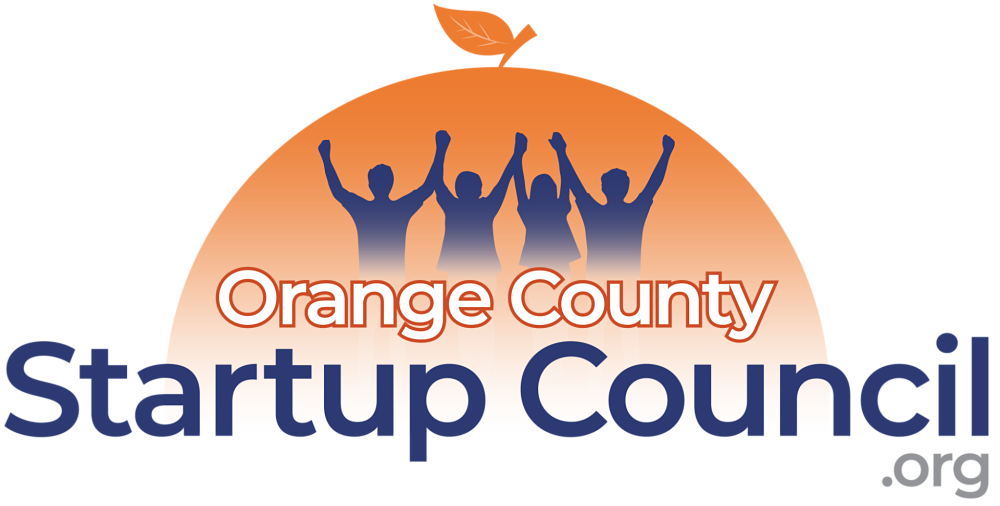Why Scale and Loyalty are More Important Online Than Offline
An article we liked from Thought Leader Gavin Baker of Medium:
Scale and Loyalty are more important online than offline, which drives much of the “winner take most” reality of the internet.
Scale and loyalty are generally the most important metrics to me as an investor as they are the most sustainable — and measurable — competitive advantages.
They are *much* more important online than offline, which is why the internet economy has such pronounced “winner take most” dynamics relative to the offline economy. Barriers to entry on the internet are low, but barriers to scale are high.
Scale and loyalty are more important online than offline primarily for four reasons.
1) The fact that “CAC is the new rent,”
2) the mechanics of how the Google and Facebook auctions work,
3) the reality that customer loyalty effectively lets online companies avoid paying this “rent,”and
4) the fact that AI/ML are so important on the internet and scale drives better AI/ML.
The statement “CAC is the new rent” comes from a Fast Company article. It refers to the fact that advertising spend, i.e. Customer Acquisition Cost, is generally the largest expense for most consumer oriented internet companies and that while in the offline world, it is impossible to be a retailer without paying rent, it is impossible to be a retailer in the online world without paying CAC. The most profound implication of this is that the TAM for online advertising spend is much larger than the TAM for offline advertising spend as online advertising is effectively replacing costs other than advertising when comparing online vs. offline consumer companies. This suggests that advertising should take share of global GDP as a greater % of GDP shifts online. And given that Google and Facebook have dominant share of online advertising, understanding how their auctions work is critical to understanding the internet economy.
The Google and Facebook auctions privilege scaled bidders via the ad quality score, which usually means bigger companies can pay less and still win the auction. Google and Facebook generally only get paid by an advertiser when a consumer clicks on an ad, so they assign a “quality score” that attempts to predict the likelihood that an ad will be clicked on. Hence the fact that a company with a higher quality score can win auctions with a much lower bid vs. a company with a lower quality score. The quality score generally works to the advantage of larger companies with brands and superior customer experiences that increase the likelihood that a consumer will click and Google/Facebook will get paid by the advertiser.
Given that “CAC is the new rent” this is a bigger economy of scale than any comparable offline metric I can think of — it’s not as if a retailer or restaurant’s rent per location decreases significantly every time they double in size. This is one of the factors driving much higher ROICs for dominant online companies vs. comparably dominant offline companies.
Scale is almost always correlated with customer loyalty and customer experience; both online and offline. However, customer loyalty is even more important online given the importance of the ad quality score for costs and the fact that a loyal customer base lets an internet company avoid paying “rent” to Google and Facebook.
Essentially it is almost impossible to be a large internet company if you don’t have a loyal customer base that raises your ad quality score and thereby lowers your CAC.
Customer loyalty *generally* means more repeat customers and more organic traffic, which means the larger companies effectively are not paying “rent” — i.e. advertising — for a larger %’s of their sales/customers relative to smaller companies.
Sidenote: if this isn’t happening, run away. Repeat customers and organic traffic are effectively “rent avoidance,” which magnifies the importance of frequency and retention. The cream really rises to the top on the internet, but once it is at the top it is hard to displace. Path dependence is real within each vertical as there was an initial period where market share was up for grabs, but if you didn’t grab it during this initial state it is really hard and expensive to get it later. The most fascinating takeaway for me from reading “Netflixed” was how close Blockbuster came to displacing...
Read the rest of this article at medium.com...
Thanks for this article excerpt and its graphics to Gavin Baker, the CIO of Atreides Management, via Medium.
Want to share your advice for startup entrepreneurs? Submit a Guest Post here.
